Published on the 26th June 2018
6 Ways To Make Your Car More Eco-Friendly
Reading Time: 5 min read

With today’s modern technology, cars and vehicles are more eco-friendly than ever. With lower emissions, greener fuel, and better efficiency, we have already made small steps to reducing the damage our cars have on the health of the planet, starting with selecting and choosing an environmentally friendly vehicle.
There is always more to be done, however, and the good news is that there are a number of small, simple steps that you can take every day to make less impact on the earth.
This will also let you continue to do your bit to help the planet: with minimal effort on your behalf!
Having that said, there are unfortunately more and more cars on our roads – Malta still ranks second for the highest number of cars per inhabitant in the EU.
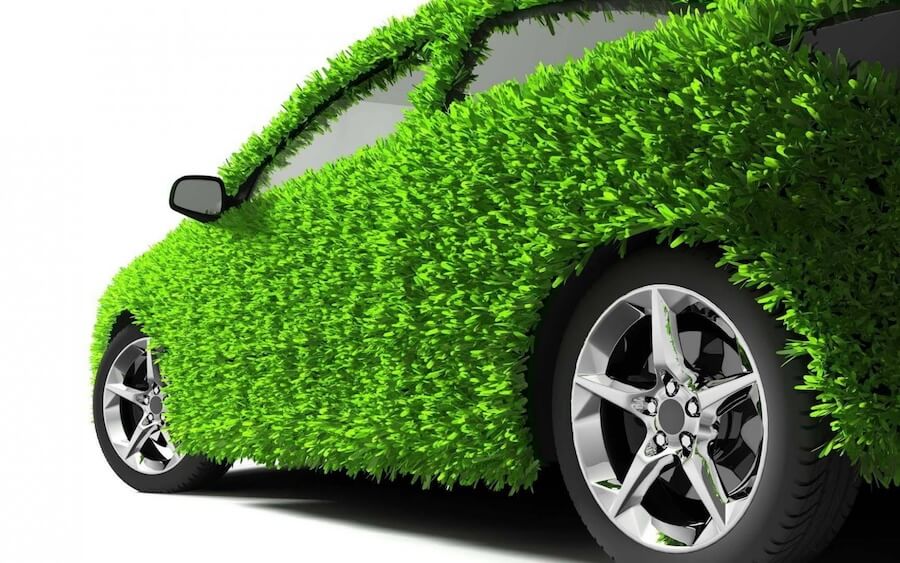
Image from goodwp.com
1. Keep tyres checked
Tyres can be an easy and simple way to increase the eco-friendly nature of your car.
By regularly checking that they are in good, roadworthy condition, at the correct pressure and properly inflated, you can easily increase the efficiency of your vehicle.
Underinflated tyres have to work harder to get them to move, meaning they have to use more fuel.
Properly filled tyres also have the advantage of lasting longer, meaning that they don’t need to be replaced as often, reducing the waste added to a landfill.
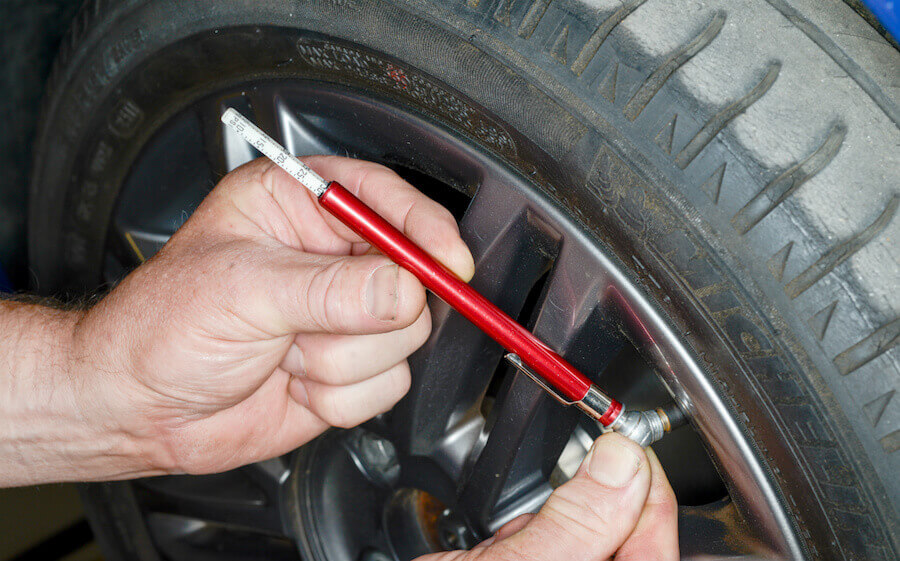
Image from driving.co.uk
2. Lose extra weight
Extra weight is a drag, and a heavy car can reduce efficiency and fuel consumption.
The more your car weighs, the more fuel it uses which does not help with making your car eco-friendly.
Only keep the essentials in your car to ensure that you are getting the maximum fuel consumption possible, saving not only money but the environment.
3. Switch off the air conditioning
It may be tempting on a scorching hot day to crank up the air-con to cool down, but doing so could actually be bad for you and your car.
The air conditioning increases the strain on the electrical system of your car, meaning that it has to use more fuel to work effectively.
This increases fuel consumption: not great for the planet!
Instead, roll down the windows and let fresh air in to cool down on hot days.
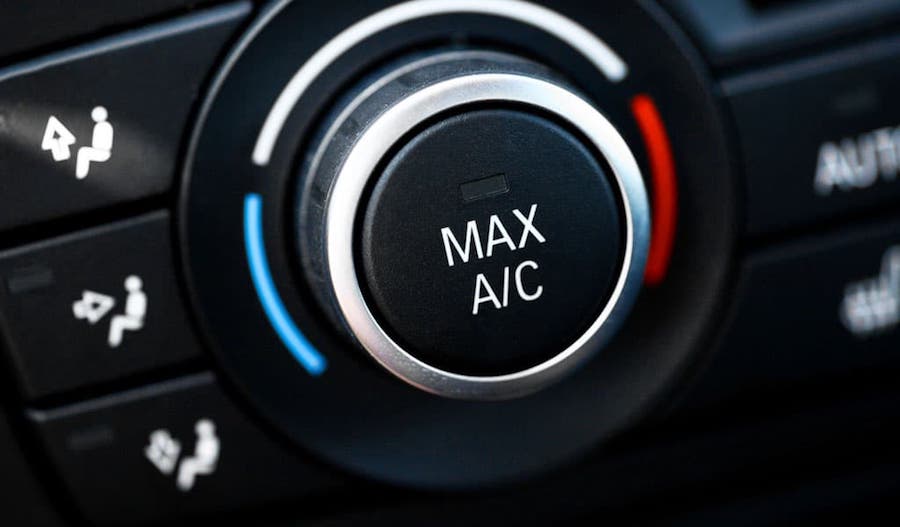
Image from mbjarvie.co.uk
4. Check the radiator
There is a thermostat in your car system that acts as its conscience: it tells the engine how hard it needs to work.
All the time is running smoothly, your car will be happy, and able to maintain its own efficiency effectively.
If this thermostat starts to become faulty, however, the consequences can be expensive both for your wallet and the planet. Or if the thermostat runs cold, it will reduce engine efficiency, requiring it to work harder for the same results. If it runs too hot, the engine is at risk of overheating, and this can even lead to the engine or head gasket blowing: a very expensive issue.
Keep an eye on the temperature gauge: it should be resting nicely in the middle for maximum fuel economy.
If it hovers too far at either end, get your car checked by a mechanic.
5. Keep a close eye on emissions
Another part of your car that needs regular maintenance is the emissions system.
The purpose of this is to clean and minimise exhaust fumes that exit the tailpipe, helping to make your car more eco-friendly.
If this fails or is faulty, your car will start to belch out harmful greenhouse gases into the environment: a losing situation for everyone.
Fortunately, your car has a way to tell you something is wrong: if the Check Engine Light on your dashboard becomes illuminated, get it checked out immediately.
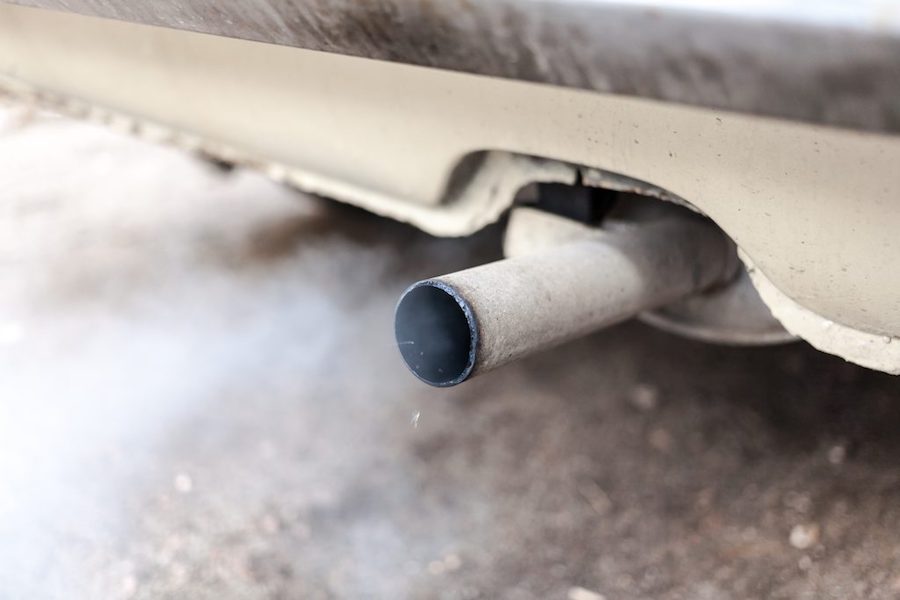
Image from mbjarvie.co.uk
6. Make sure you get regular check-ups
We put our cars through a lot over the course of our lives, and it is important that they receive regular tune-ups to keep them going for longer and get your car insured to help with any surprises.
One of the most important elements to keep in mind is oil changes. It will be required after a certain amount of kilometres are driven.
As oil ages, it becomes more viscous and is, therefore, harder for the components in the engine to move. New oil allows fresh lubrication, letting the parts of your engine operate with less resistance.
In addition, spark plugs are also important. They ignite the fuel and air in the engine cylinders, creating the power that allows your car to move.
They can deteriorate over time, resulting in incomplete fuel burn, which makes your car less powerful and efficient; replacing them after using them for a certain amount of time can reduce this issue.
Finally, check the oxygen sensor.
This determines the concentration of air and fuel entering the engine. This mixture can be altered out of balance if it is dirty or faulty.
This results in extra unnecessary fuel being pumped into the engine! It is potentially costing you extra money and reducing the fuel economy of your car.
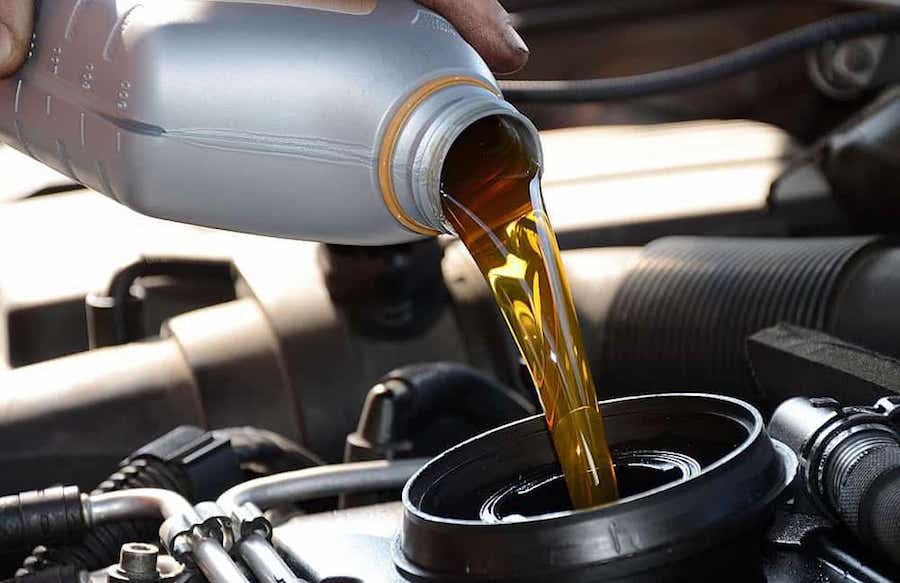
Image from scam-detector.com
We hope this guide helps you make your car eco-friendly and do your part in protecting the environment and possibly even save money on your car.
Keep these tips in mind, and let’s make a difference!